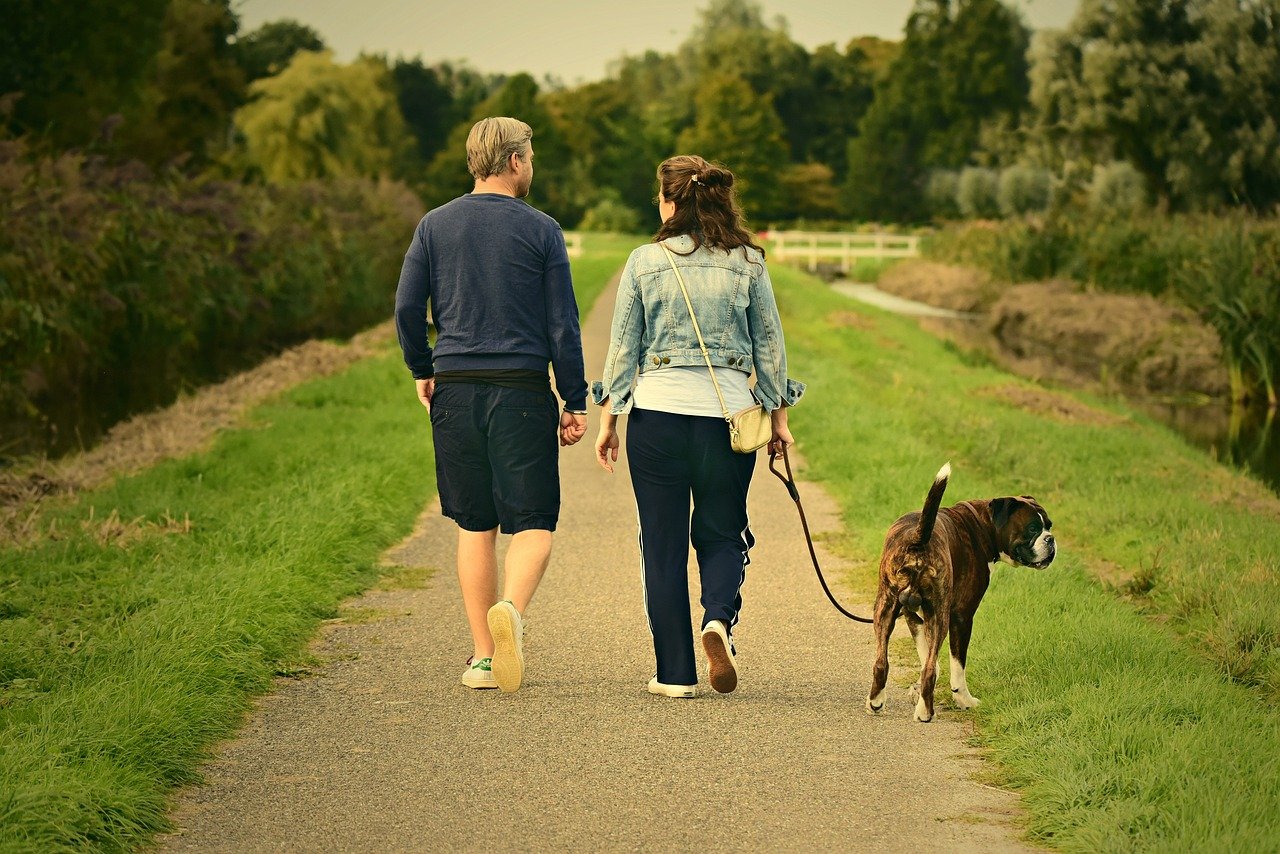Walking after eating is beneficial for several reasons. Firstly, it aids in digestion by stimulating the muscles in the abdomen, which helps move food through the digestive tract more efficiently, reducing bloating and discomfort. In this article, we’ll explore the myriad benefits of walking after eating and why incorporating this simple habit into your routine can make a significant difference in your overall well-being.
Table of Contents
Introduction:
After enjoying a delicious meal, have you ever considered taking a stroll? Turns out, that post-meal walk might just be the missing ingredient in your quest for better health.
Benefits of Walking After Eating:
Improved digestion:
One of the most noticeable benefits of walking after a meal is improved digestion. By stimulating the muscles in your abdomen, walking helps to move food through your digestive tract more efficiently, reducing the likelihood of bloating and discomfort.
Regulation of Blood sugar Levels:
For those concerned about blood sugar levels, post-meal walking offers significant benefits. Studies have shown that a short walk after eating can help lower blood sugar levels, particularly for individuals with diabetes or insulin resistance.

Weight Management:
If you’re looking to shed a few pounds or maintain a healthy weight, incorporating post-meal walks into your routine can be incredibly beneficial. Walking helps to boost your metabolism, burn calories, and prevent excess energy from being stored as fat.
Mechanism Behind The Benefits:
Impact on Digestion:
Walking helps to activate the muscles in your abdomen, promoting the movement of food through your digestive system and preventing sluggishness.
Effects on Blood Sugar:
Physical activity, such as walking, enhances your body’s ability to utilize glucose, leading to better blood sugar control over time.
Metabolism Boost:
Even a short walk can kickstart your metabolism, helping you burn more calories throughout the day.
Optimal Timing and Duration:
Wondering when the best time to take a post-meal walk is? Ideally, aim to walk within 30 minutes to an hour after finishing your meal. As for duration, a brisk 15- to 30-minute walk should suffice to reap the maximum benefits.
Tips for Effective Post-Meal Walking:
Proper Attire and Footwear:
Ensure you’re dressed comfortably with supportive footwear to prevent discomfort during your walk.
Choosing Safe Walking Routes:
Opt for well-lit, pedestrian-friendly paths to ensure your safety, especially if you’re walking after dark.
Staying Hydrated:
Remember to drink plenty of water before, during, and after your walk to stay hydrated and maintain optimal bodily functions.
Overcoming Common Obstacles:
Lack of Time:
Even a short 10-minute walk can make a difference. Find pockets of time throughout your day to squeeze in a post-meal stroll.
Weather Concerns:
Don’t let inclement weather deter you. Invest in appropriate gear, like a waterproof jacket or umbrella, and consider indoor alternatives if necessary.
Motivation:
Find a walking buddy or listen to your favorite podcast or music to make your post-meal walks more enjoyable and motivating.
Impact on Mental Health:
Walking has been shown to have positive effects on mental health, including relieving symptoms of depressive disorder. Engaging in regular physical activity, such as walking, can boost mood by releasing endorphins, which are neurotransmitters that act as natural painkillers and mood elevators.
Incorporating Post-Meal Walking Into Routine:
Make post-meal walking a non-negotiable part of your daily routine by scheduling it into your calendar or setting reminders on your phone. Get your family and friends involved to turn it into a social activity.
safety Precautions:
If you have diabetes, it’s essential to monitor your blood sugar levels before and after your walk to prevent hypoglycemia. Additionally, listen to your body and stop walking if you experience any discomfort or pain.
Variations in Benefits Based on Meals:
The benefits of post-meal walking can vary depending on the time of day and the type of meal consumed. While walking after dinner can aid digestion and promote relaxation, a brisk stroll after breakfast can kickstart your metabolism and energize you for the day ahead.
Comparison with other Post-Meal Activities:
In contrast to sedentary behaviors like watching TV or taking a nap, walking after eating offers numerous health benefits, including improved digestion, blood sugar regulation, and weight management.
Scientific Studies and Research Findings:
Numerous scientific studies support the benefits of walking after eating. A study published in the Journal of Clinical Endocrinology & Metabolism found that a 15-minute walk after dinner can improve blood sugar control. Another study published in the Journal of Physical Therapy Science demonstrated that post-meal walking can accelerate gastric emptying and reduce bloating.

Addressing Misconceptions:
Despite the numerous benefits, some individuals may be hesitant to embrace post-meal walking due to misconceptions. Contrary to popular belief, walking after eating won’t cause cramps or interfere with digestion but instead promotes optimal gastrointestinal function.
Real-Life Success Stories:
Countless individuals have experienced firsthand the transformative effects of post-meal walking on their health. From improved digestion to weight loss success stories, incorporating this simple habit into your daily routine can yield remarkable results.
Conclusion:
In conclusion, the benefits of walking after eating are undeniable. From improved digestion and blood sugar regulation to weight management and overall well-being, taking a post-meal stroll offers numerous advantages for your health. So why wait? Lace-up your shoes and start reaping the benefits of post-meal walking today!
Frequently Asked Questions:
1. Can I walk immediately after eating?
It’s generally recommended to wait at least 10-15 minutes after eating before starting your walk to allow your body to begin the digestion process.
2. How long should I walk after eating?
Aim for a brisk walk lasting between 15 to 30 minutes to maximize the benefits of post-meal walking.
3. Will walking after dinner help me lose weight?
While walking alone may not lead to significant weight loss, incorporating it into your routine can support your overall weight management efforts when combined with a healthy diet and lifestyle.
4. Is it safe for diabetics to walk after meals?
For individuals with diabetes, it’s essential to monitor blood sugar levels before and after walking to prevent hypoglycemia. Consult with your healthcare provider for personalized advice.
5. Can I walk indoors instead of outdoors?
Absolutely! If outdoor walking isn’t feasible, consider walking indoors at a mall, around your home, or on a treadmill to reap the same health benefits.
6. How soon after eating should I avoid walking?
Avoid vigorous exercise immediately after a heavy meal, as it can lead to discomfort or cramping. Instead, opt for a leisurely stroll to aid digestion.

